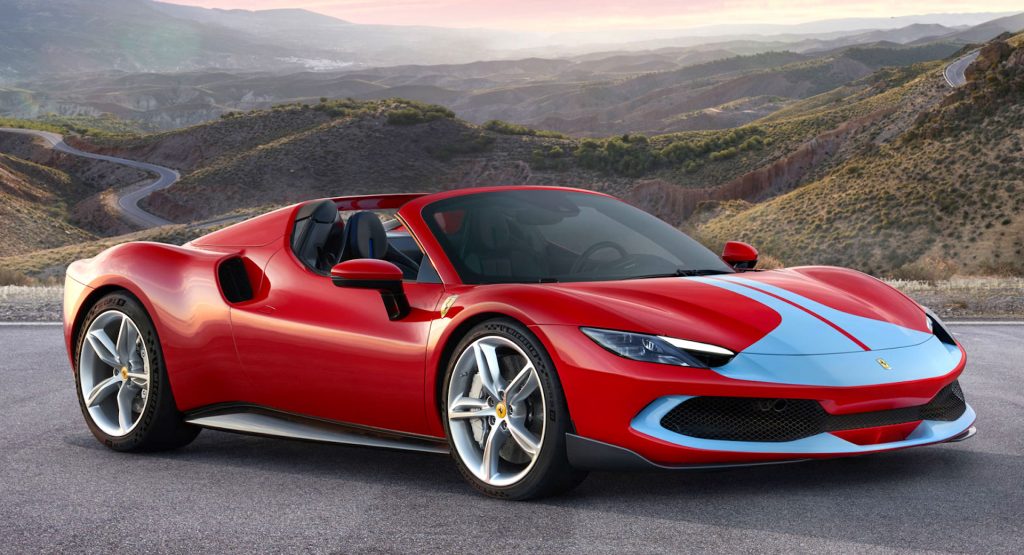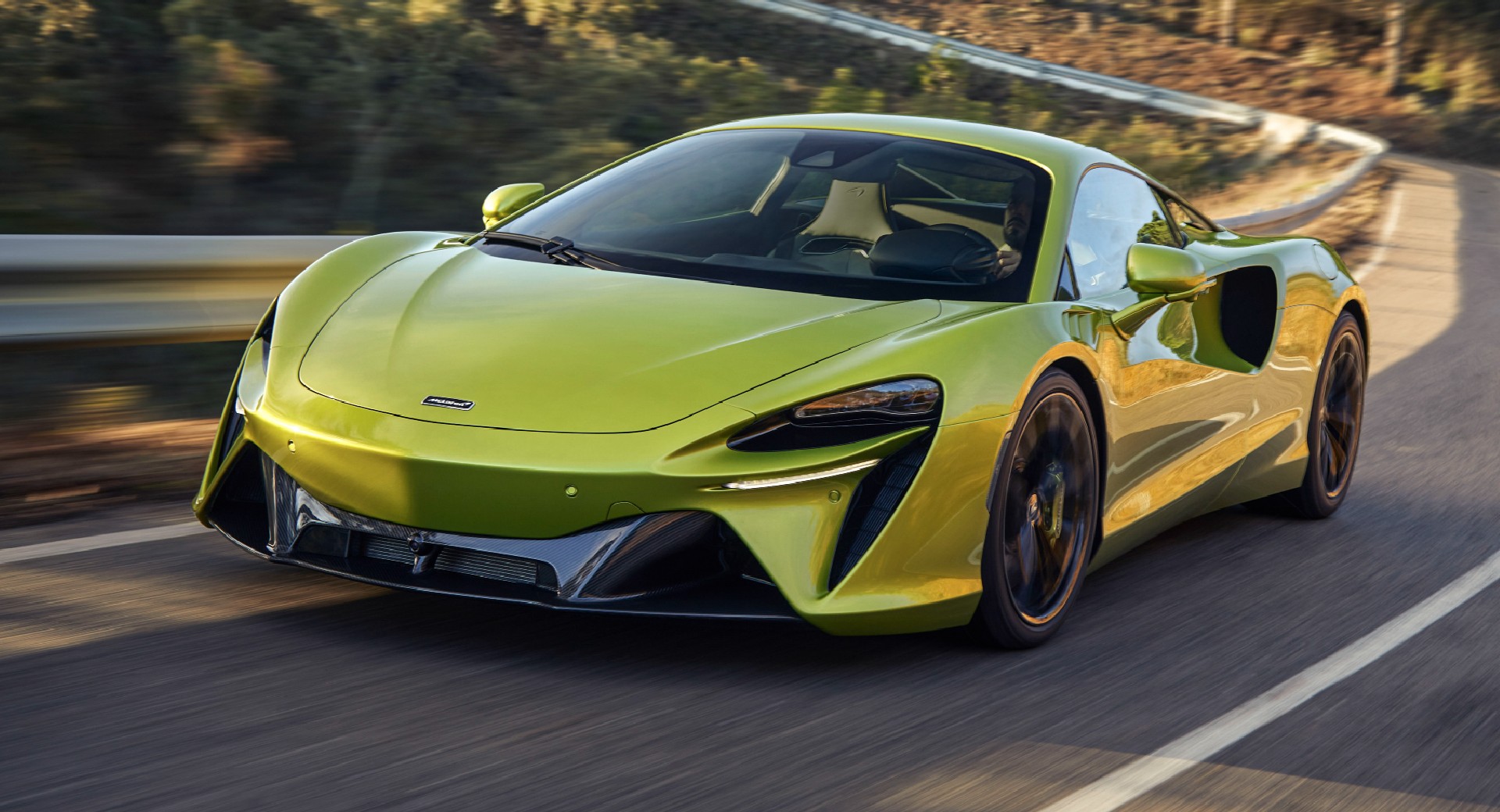Specialized low volume carmakers including Ferrari, Aston Martin and McLaren are breathing a little easier this week after the EU agreed to extend a special arrangement exempting them from the same CO2 targets mainstream brands have to meet.
Firms like Ferrari and Lamborghini that build fewer than 10,000 cars are currently allowed to emit far more CO2 than Ford and Volkswagen. They are able to propose their own emissions reduction target, though this is subject to the approval by the European Commission.
Worryingly for most supercar firms, that agreement was due to end in 2029, and only carmakers registering fewer than 1,000 new cars annually were supposed to be entitled to what’s known as a “derogation” from 2030. But the EU has agreed to push back the cut-off point to the end of 2035, giving the bespoke automakers a six-year reprieve, Automotive News Europe reports. The news came at the same time as the EU confirmed all cars sold within the European Union would be required to emit no emissions from 2035.
Related: Ferrari Is Taking Very Careful Steps Towards An Electrified Future
Italy had previously lobbied the European Commission for an exemption for supercar brands, claiming that small-volume firms needed to develop special batteries to meet their unique needs and they were at a disadvantage when it came to R&D because they lacked the financial resources of mainstream carmakers. The country was also one of five states, along with Portugal, Bulgaria, Romania and Slovakia that was campaigning to push back the 2035 zero emissions target for all carmakers to 2040, but eventually agreed to back down.
Both Ferrari and McLaren already have plug-in hybrid vehicles on sale, and Lamborghini will deliver its first series production before the end of 2024. Ferrari has promised to deliver its first full EV a year after that, and Lamborghini promises it will field its first EV in the second half of the decade.





